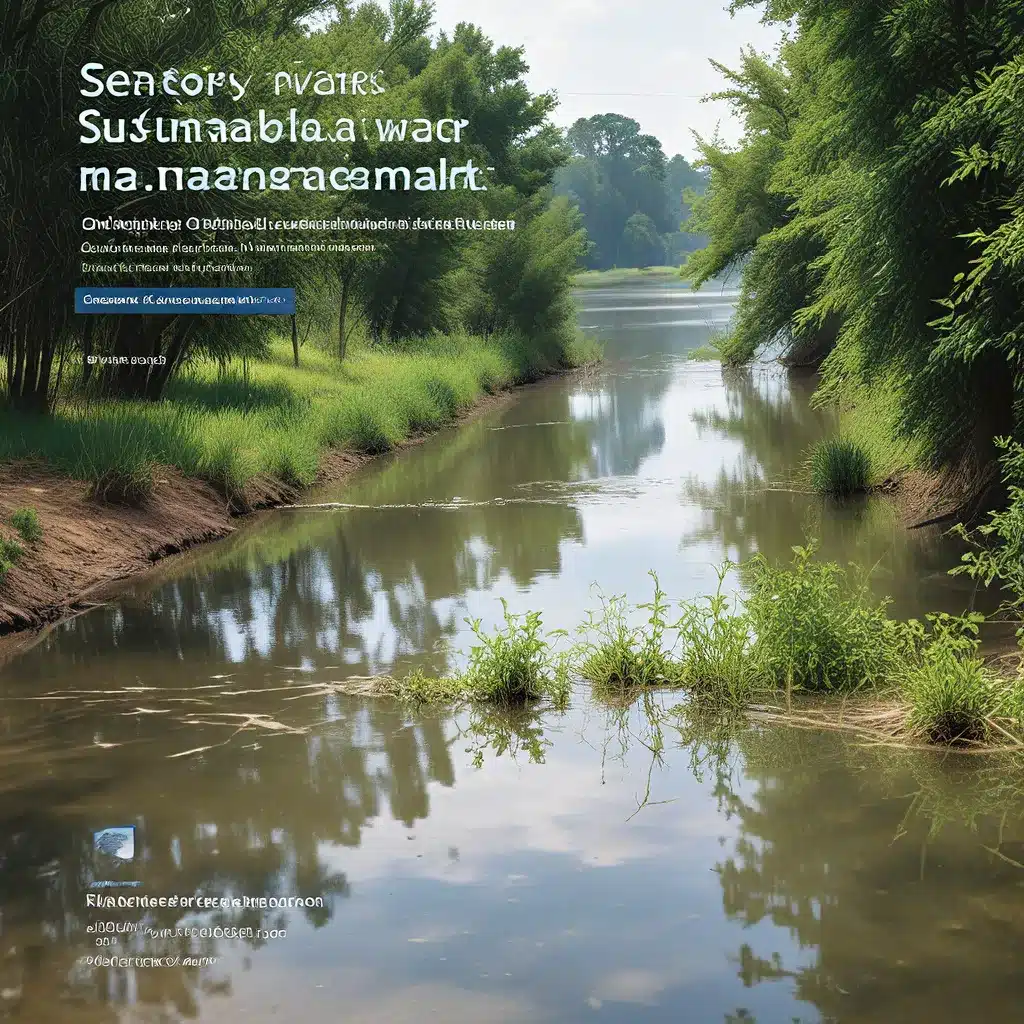
The Convergence of AI, IoB, and Sensor Networks for Urban Sustainability
As the world grapples with the growing challenges of climate change, there has been an increased focus on finding innovative solutions to address environmental concerns. Two emerging technologies that have become integral to the sustainability conversation are Artificial Intelligence (AI) and the Internet of Behaviors (IoB). These powerful tools are revolutionizing how cities monitor, control, and distribute critical resources, such as energy and water.
Smart sensor networks play a crucial role in this transformation, providing real-time data that fuels AI-driven decision-making and IoB-powered behavioral insights. By harnessing the synergy between these technologies, municipalities can optimize resource management, enhance efficiency, and drive sustainable practices that benefit both the environment and urban communities.
Sensor-networks.org explores the strategic integration of AI, IoB, and sensor networks for sustainable water management, revealing how cities can better track, distribute, and conserve this vital resource.
Sensor Networks and the Smart Water Grid
Modern smart grid systems utilize advanced sensors to collect real-time data on energy production and consumption. AI algorithms then analyze this data to improve grid efficiency, reliability, and reduce waste. This same principle can be applied to water distribution and management.
Strategically placed sensors within a city’s water infrastructure can provide a comprehensive, data-driven view of water usage patterns, leaks, and demand fluctuations. AI-powered analytics can then be used to optimize water distribution, identify areas of high consumption, and detect anomalies that indicate potential waste or infrastructure issues.
For example, water management professionals can leverage AI and IoB to monitor water usage patterns, predict future demand, and adjust distribution accordingly. This is particularly crucial for regions prone to droughts or areas affected by severe weather events, where proactive management can help mitigate the impact on water resources.
Leveraging IoB for Sustainable Water Behaviors
The Internet of Behaviors (IoB) takes the concept of the Internet of Things (IoT) a step further, providing insights into how people interact with connected devices and the environment. By integrating IoB data with sensor network information, cities can gain a deeper understanding of water consumption behaviors and develop targeted strategies to encourage conservation.
IoB data allows urban planners and water management authorities to understand, predict, and influence human behavior through data analysis. AI-driven IoB applications provide real-time insights and predictive modeling, enabling cities to adapt to the ever-changing needs of their inhabitants while optimizing resource utilization and reducing waste.
For instance, water management professionals can leverage IoB data to identify high-consumption households or businesses, provide personalized feedback and recommendations, and even implement dynamic pricing structures to incentivize water conservation. This targeted approach can lead to significant reductions in water usage, ultimately contributing to the long-term sustainability of urban water resources.
Enhancing Environmental Monitoring and Adaptability
Beyond water management, sensor networks, AI, and IoB can also play a crucial role in comprehensive environmental monitoring within smart cities. Sensors can be deployed to collect real-time data on air quality, temperature, humidity, and even wildlife behaviors, providing a detailed picture of the urban ecosystem.
AI-powered sensor networks can analyze this data to detect patterns, identify potential issues, and trigger immediate interventions. For example, AI-driven systems can monitor air pollutants and meteorological conditions, delivering accurate and timely information to both individuals and authorities. This empowers residents to make informed decisions about outdoor activities and enables leaders to take swift action to mitigate environmental threats.
Furthermore, the integration of sensor data, AI analytics, and IoB insights can enhance a city’s adaptability to changing environmental conditions. By understanding the complex interactions between human behavior, resource consumption, and environmental factors, municipalities can develop proactive strategies to address challenges such as water scarcity, air pollution, and the impacts of climate change.
Addressing Challenges and Risks in AI and IoB Implementation
While the potential benefits of integrating AI, IoB, and sensor networks for sustainable urban management are significant, there are also legitimate concerns that must be addressed. Data privacy, cybersecurity, algorithmic bias, and equitable access are crucial issues that require thoughtful consideration and robust mitigation strategies.
As Sensor-networks.org explains, “A sustainable city is a perfect example of a complex sociotechnical system, meaning the performance of the technical aspects of the system influences and is influenced by the dynamics of human behavior.” This interconnectedness underscores the importance of AI due diligence and risk management to help mitigate unintended consequences of AI and IoB system designs and implementations.
To address these challenges, some leaders in the field pursue advanced certifications, such as Cybersecurity Management or Business Data Analytics, to deepen their technical knowledge and ensure the successful deployment of sustainable technologies. By prioritizing responsible innovation and proactively managing risks, cities can harness the full potential of AI and IoB to drive positive environmental impact.
The Future of Sensor Networks and Sustainable Urban Development
Resource efficiency, energy optimization, and environmental monitoring are just the tip of the iceberg when it comes to the opportunities for leveraging AI, IoB, and sensor networks to make cities more sustainable. As technology continues to evolve, business and municipal leaders will uncover new ways to harness the power of connected devices and behavioral data to create more livable, resilient, and eco-friendly urban environments.
The integration of these cutting-edge technologies is not just a matter of convenience; it is a critical step towards building a more sustainable future. By optimizing water distribution, encouraging conservation, and enhancing environmental monitoring, cities can reduce their carbon footprint, preserve natural resources, and improve the overall quality of life for their residents.
At Sensor-networks.org, we are committed to exploring the latest advancements in sensor network design, IoT applications, and sustainable urban development. Whether you are a municipal leader, a technology enthusiast, or simply someone who cares about the environment, we invite you to join us on this journey towards a more sustainable future.